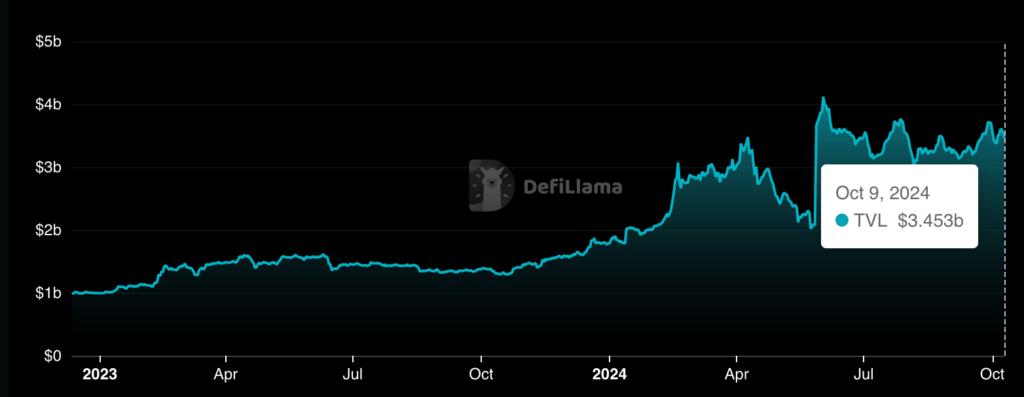Bitget has announced stricter token listing requirements to evaluate project business models and developer backgrounds.

The cryptocurrency exchange Bitget has announced that it would be revising the conditions for listing its tokens. The new listing rules will be more stringent and will demand a comprehensive evaluation of the business models of projects as well as background checks on developers.
An announcement on October 10th stated that the new listing requirements stipulate compliance with a number of factors, including fully diluted valuation (FDV), previous development and investment records, a detailed business plan, lock-up periods, a token distribution plan, and social media activity, among other indicators.
Bitget is one of the top cryptocurrency exchanges in terms of trading volume, and its headquarters are located in the Seychelles. CoinMarketCap and DefiLlama have provided information indicating that Bitget has more than $3.4 billion in user assets and has had more than $1.5 billion in trading volume over the last 24 hours.

The exchange has specifically stated that it will give “special attention” to the tokenomics of the projects, examining the quantity, distribution, and utility of tokens. The first step in the review process for new projects on the project platform is a study of the project’s FDV, a statistic that predicts the potential worth of the project’s whole token supply.
In most cases, the FDV should not exceed twenty times the financing amount. The raised amount should be in line with the FDV. Bigter observed that a project that is raising $5 million ought to have a future development value (FDV) that is less than $100 million.
He also mentioned that this metric “ensures valuations do not mislead investors”. Furthermore, Bitget will scrutinize tokens with a locking duration under two years more closely. A short-term unlock time may be an indication of a “lack of long-term commitment,” as stated by Bitget, and it may also lead to “early sell pressure, which puts the token’s stability in jeopardy”.
The online reputation of the team members and their backgrounds, which may include links to fraudulent activities, investor deception, or involvement in unlawful activities, will also influence the decision to list a token.
Hon. Ng, the chief legal officer at Bitget Corporation, stated that Bitget will conduct a review of smart contract security and token distribution for tokens currently listed on other exchanges.
“Users put in considerable effort to gather documents to register. We appreciate that and want to make sure we protect them and that they can expect the same from projects.”
Risky projects are those that have concentrated token distributions, which means that the team has more than fifty percent of the tokens or the issuer retains more than twenty percent.
For example, in 2024, tokens with a Simpsons theme attempted to conceal centralized control by dispersing their holdings across multiple addresses. The exchange added that the analysis revealed the truth, leading to the tokens’ rejection.
